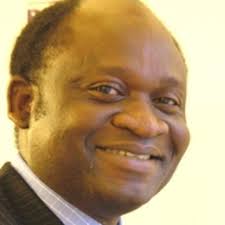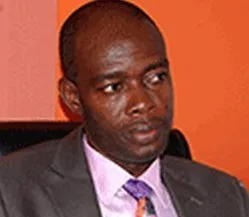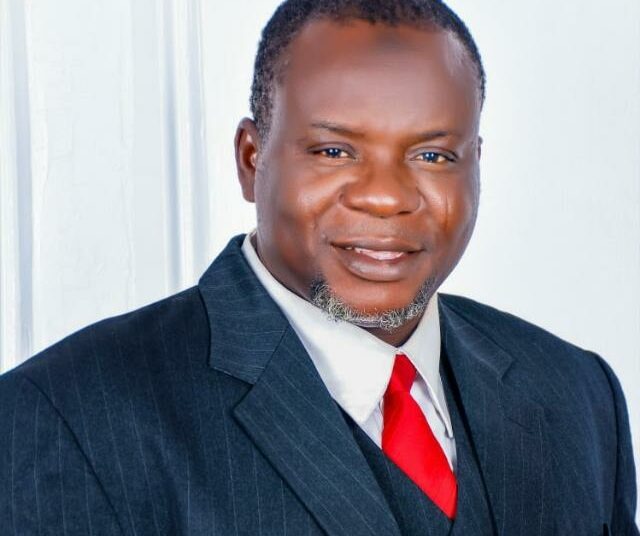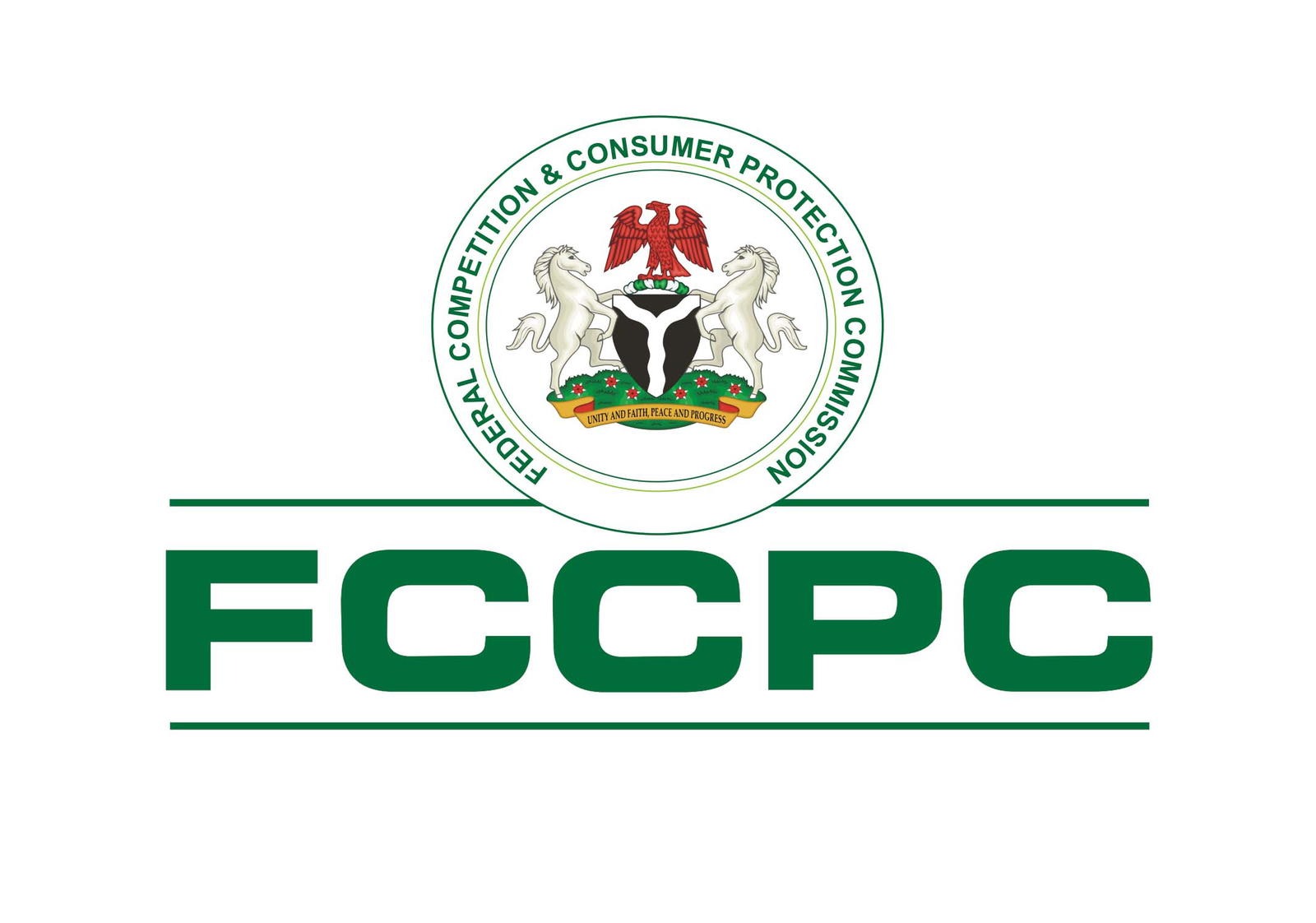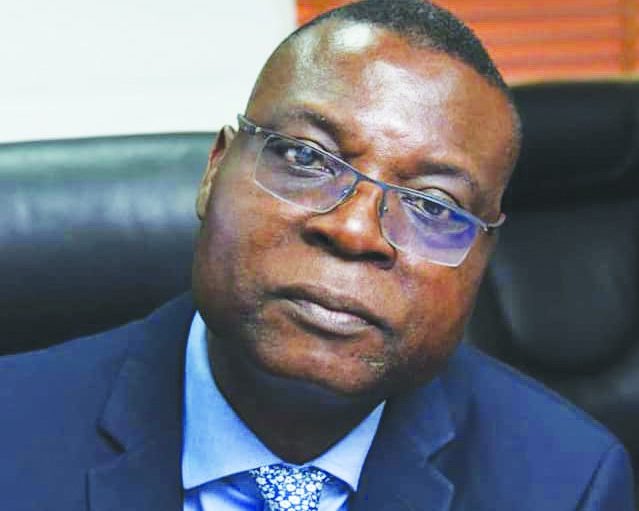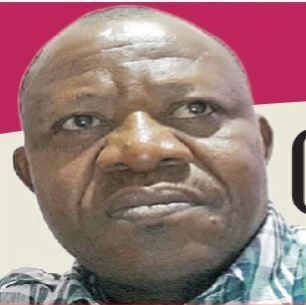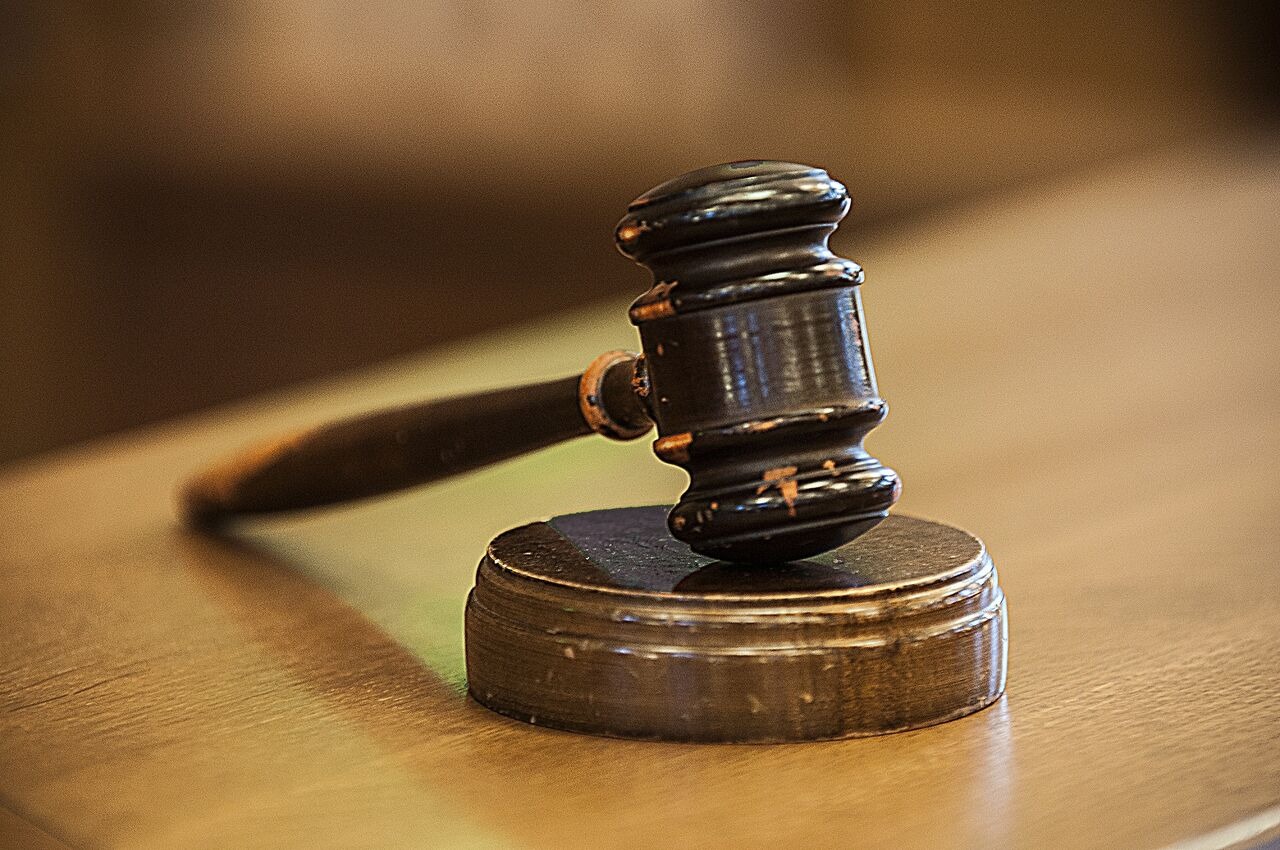The President of Nigeria, Bola Tinubu, is a civilian. The “governor” of Rivers State, Vice-Admiral (rtd) Ibok-Ete Ibas, is a military officer who rules the state as its Sole Administrator. Last week, the Attorney-General of the Federation, AGF, Lateef Fagbemi, said that Tinubu would “not hesitate” to declare a state of emergency in more states, remove …
